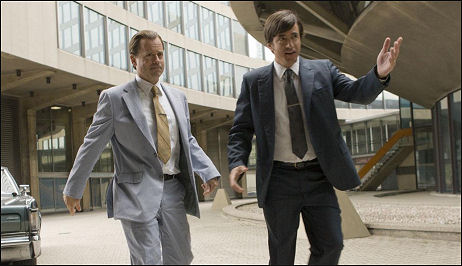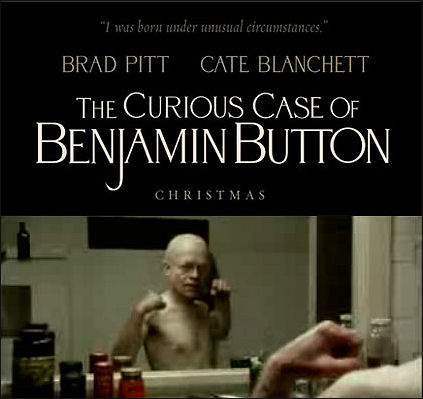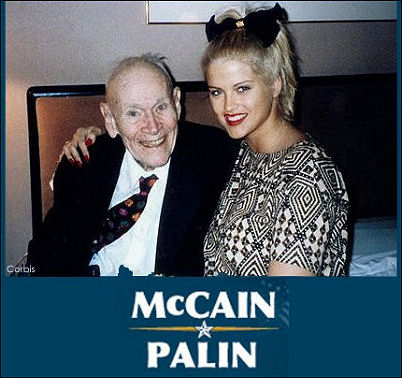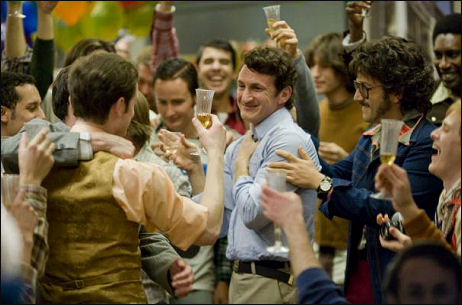The L.A. Times headline for John Horn‘s 8.29 Telluride story asks if “another Juno” — a breakout indie hit that winds up in the Oscar derby — might emerge from this small but influential film festival now unfolding in the Colorado Rockies.
Horn mentions three possibilities — David Fincher‘s The Curious Case of Benjamin Button (which was previewed last night via a 20-minute reel that was part of a Fincher tribute), Marc Abraham‘s Flash of Genius and Danny Boyle‘s Slumdog Millionaire.
The Fincher footage encountered unexpected sniper fire last night, but it’s silly to say “no” or “don’t think so” to Benjamin Button (which is running about 2 hours and 45 minutes as we speak) based on a 20-minute taster reel so let’s just ignore what some people were saying. Goldfinger ejector seat!
And I don’t know anything about the Boyle film. Beyond the generic, of course. Scruffy Indian street kid from Mumbai wins a bundle and is then suspected of cheating, etc.
But I’ve gotten a sense of Abraham’s Flash of Genius (Universal, 10.3), and my basic impression, to go by the trailer and the stuff I’ve read online about Robert Kearns, the character played by Gregg Kinnear in the film, is that it’s an intermittent windshield wiper version of Francis Coppola‘s Tucker: The Man and His Dreams.
 Gregg Kinnear, Dermot Mulroney in Flash of Genius
Gregg Kinnear, Dermot Mulroney in Flash of Genius Brilliant nice-guy maverick with pretty wife dreams up great technological innovation, the corporate guys steal his work and try to blow or buy him off, but he tenaciously fights back and stands proud at the end, having lost this or that battle but won the ultimate war, yaddah yaddah.
The trailer tells you everything…every last thing about this film (90% of the story, how the performances play, the look and tone of it) except the question of whether or not Kearns will accept the $30 million go-away money offered by the bad guys.
Tucker came out 20 years ago, yes, but we’ve seen this story told so often that it just feels worn down. (Aaron Sorkin has written yet another variation, based on his play The Farnsworth Invention, for the screen.) I’m not saying the Flash current isn’t there; only that I’m not feeling it as I sit here in West Hollywood, absorbing the data bursts as they shoot out from cyberspace and Telluride and the planet Trafalmadore.
Of course, it’s not the story but the telling that matters, so let’s see how it plays this weekend in Telluride and then at the Toronto Film Festival.










